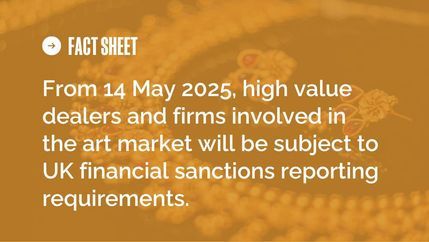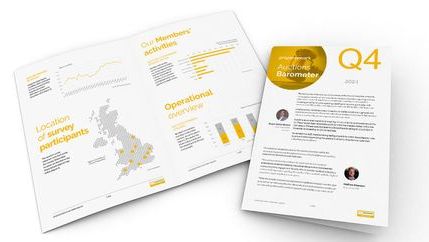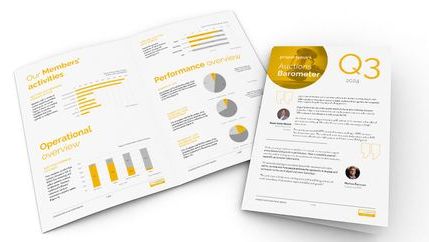
In a watershed moment for global trade, the Trump administration imposed a 10% tariff on all imports into the US, with higher rates for select countries or trade blocs with which the US has a significant trading deficit. Goods made in China will be subject to a 34% duty on entry to the US. Those made in 27 countries that form the European Union will face a 20% tariff and those from the UK will be subject to a 10% tariff. Japanese goods will incur a 24% duty.
The rules reflect the country of origin not the port of export, so antiques made in China, Japan, France and UK would all be subject to different tariffs. So far, it is unclear if there will be any exemptions for either art or antiques.
The situation could become even more complex over the coming months as affected countries decide whether to introduce retaliatory tariffs.
Understanding the impact
Higher tariffs on imported EU and UK goods mean that US buyers, particularly in markets such as antiques, luxury goods, and industrial equipment, may pull back due to increased costs. This would reduce competition in UK auctions and could lead to more conservative bidding behaviour.
Sellers are likely to become more conscious of the logistical and financial implications of exporting to the US, potentially leading them to prioritise domestic or intra-European auctions, where the trade environment feels more predictable.
Trade tensions influence currency markets, and while a weaker pound could make UK-based auctions more appealing to international buyers, fluctuations may also discourage high-value cross-border transactions due to the added risk.
Fact sheet: Ivory Act 2018
The purpose of the Ivory Act is to prohibit commercial activities concerning ivory in the UK and the import and re-export of ivory for commercial purposes to and from the UK. This includes intra-EU trade to and from the UK.
How auctioneers can navigate the challenge
Despite the uncertainties, this new environment presents opportunities for adaptable auctioneers. Considering if the following actions could benefit your business is a good place to start.
Highlight local and EU-made stock
Emphasise provenance in catalogues and campaigns. UK and EU-origin goods carry less export complexity and offer strong appeal to buyers interested in sustainability, craftsmanship, and traceable supply chains.
Support sellers with informed advice
Be proactive in sharing insights and experience to help clients understand how tariffs may affect the saleability or value of their items, particularly those of US origin or in high-tariff categories like machinery or artwork. The value of choosing a qualified and professional agent becomes even more obvious in uncertain times, so sieze opportunities to demonstrate credibility and strengthen client relationships.
Simplify export and shipping
Consider if your business is well-placed to offer packaging, customs, and export support as a value-add service to help international buyers navigate paperwork and potential tariffs. Shipping suppliers may be able to discuss ways to achieve this.
Fact Sheet: UK Sanctions Reporting Obligations for High Value Dealers
Under the Sanctions and Anti-Money Laundering Act 2018, the UK Government introduced a new regime of issuing financial sanctions following the UK’s departure from the European Union. Under the Act, businesses specified in the Act have to report to Office of Financial Sanctions Implementation (OFSI) if they suspect they are engaging with a client who is under financial sanctions.
Looking ahead
Global trade is in a state of flux, and auctioneers are not immune. However, with the correct adjustments, UK businesses can mitigate the impact of tariffs and capitalise on emerging opportunities.
At a time when buyers and sellers are seeking confidence and clarity, auctioneers, who offer expert guidance and a frictionless experience will be best placed to thrive.








